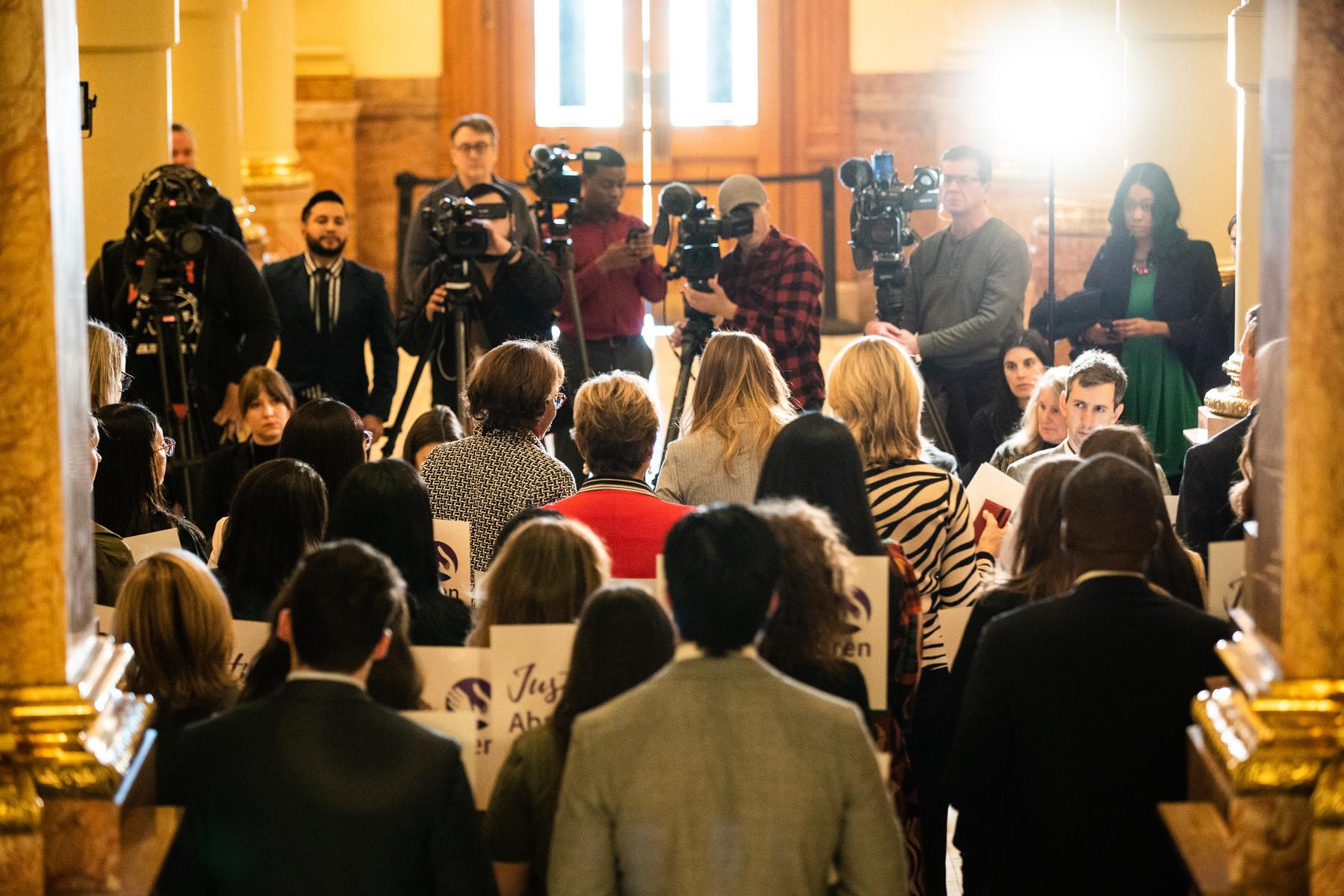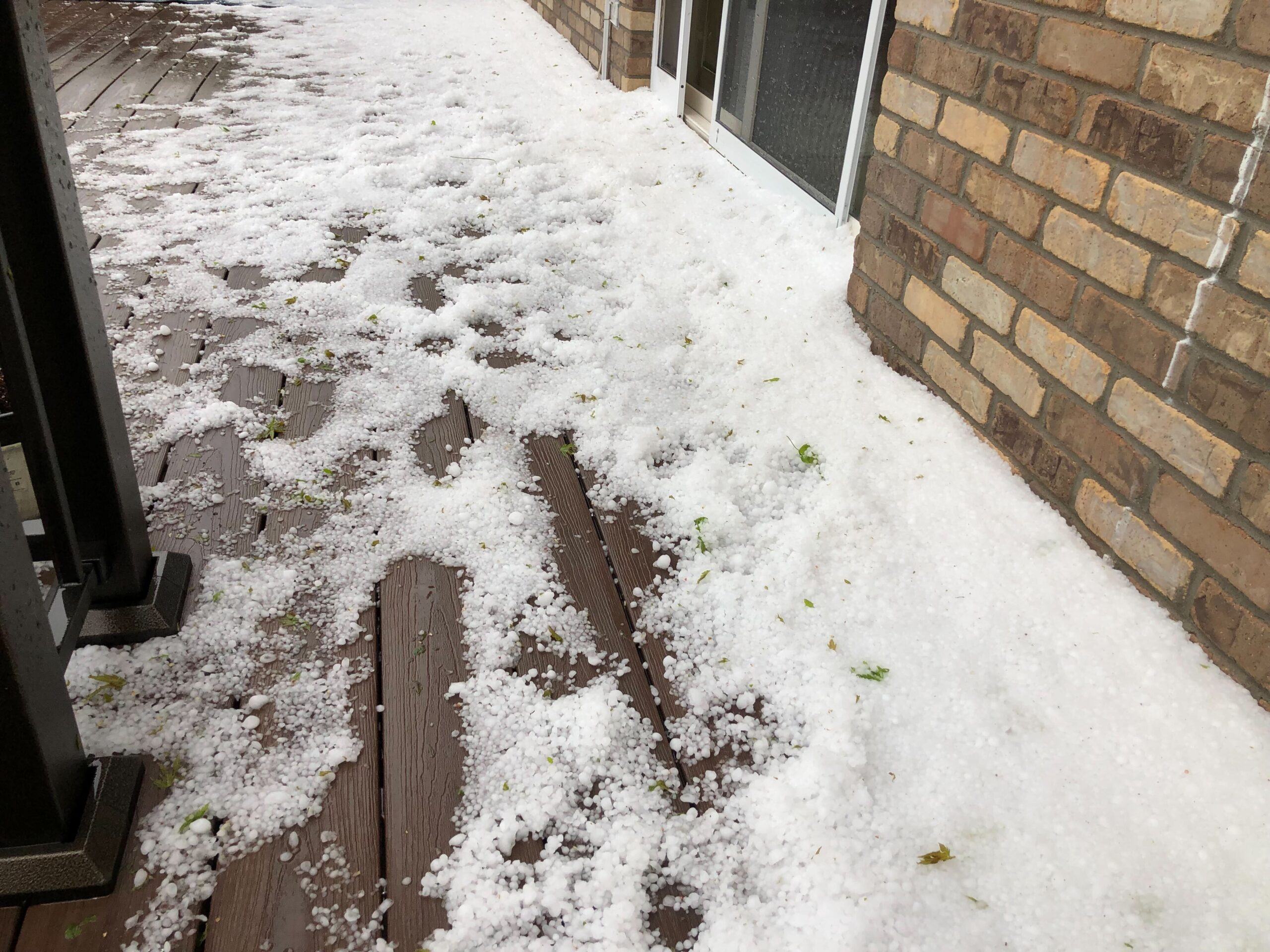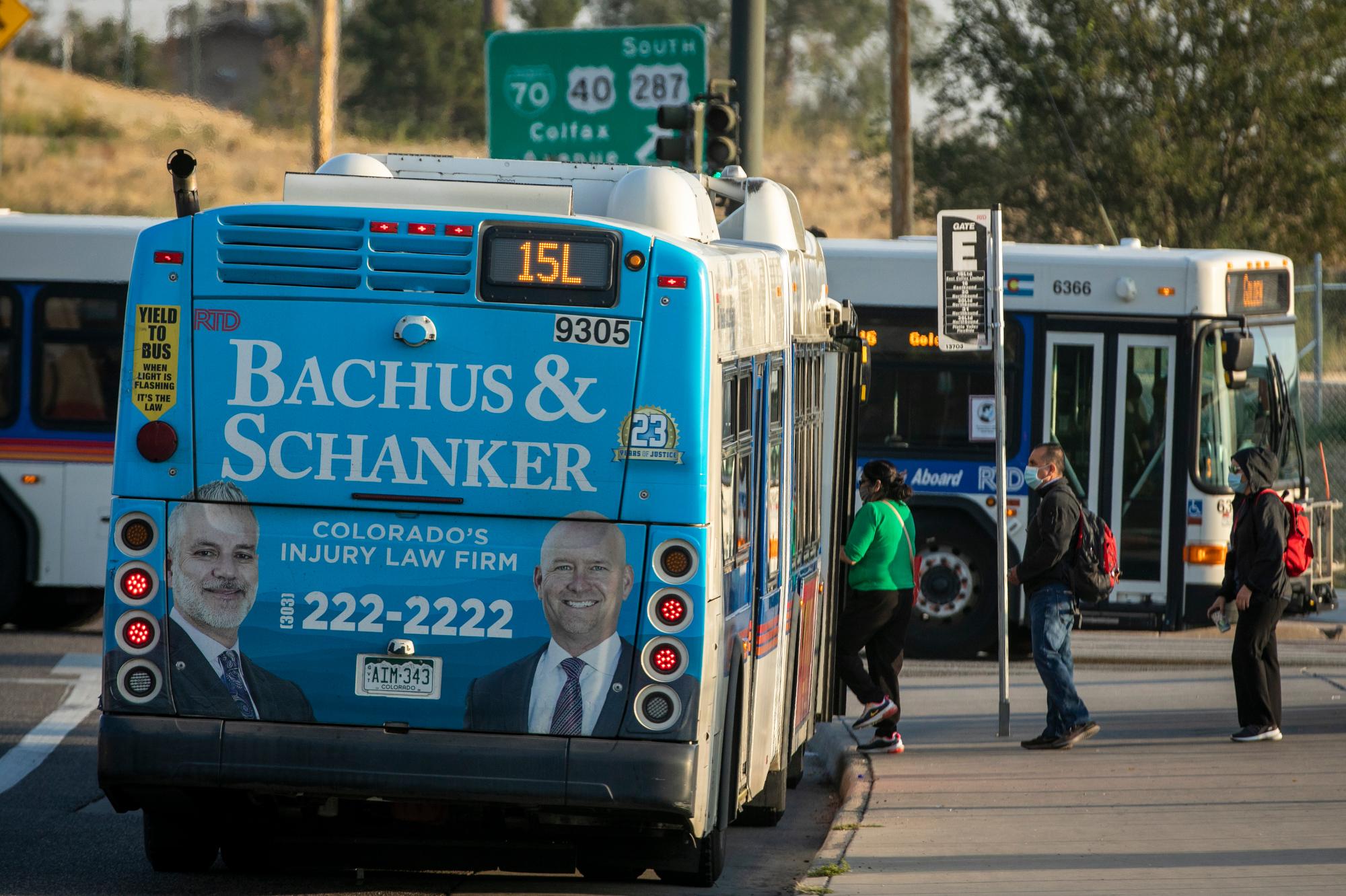
If not for most people wearing masks, you wouldn’t know there’s a pandemic if you stood on Federal Boulevard just south of Colfax in Denver. Buses come and go every few minutes.
“There's always a lot of people,” said Riaa Cortes as she waited for the 15L to whisk her downtown on Monday afternoon. “You just have to be careful.”
The Regional Transportation District wants to add more service here next year to give riders like Cortes more room to breathe. In April, the agency moved to a Saturday schedule — effectively a 40-percent cut across the system. Some weekday-only lines disappeared, but the skeleton of RTD’s sprawling network remained intact.
Ridership fell precipitously on commuter-focused routes but held relatively steady on certain corridors in Denver like Broadway, Colfax and Federal Boulevard. So RTD staff have proposed a significant rebalance of its system so it can increase service on the 16 on West Colfax and the 31 on Federal, which they say serve many transit-dependent riders. Federal bailout money allowed for that to some extent this year, but there’s little hope more will come through for next year.
Cortes said more space would help her feel a bit more safe on the often crowded routes she rides, like the 31 up Federal. “We do need more space,” she said.
Extra buses on Colfax and Federal would come at the expense of less-used routes elsewhere. The proposal would suspend commuter buses between Evergreen and Denver, Conifer and Denver, Golden and Boulder, as well as reduce other commuter-focused services including light rail lines. More details are in this document.
Lynne Steketee was one of just two passengers on board the EV at its terminus in Evergreen on Monday morning. She just started riding the bus again a week ago and said RTD should try to save the route.
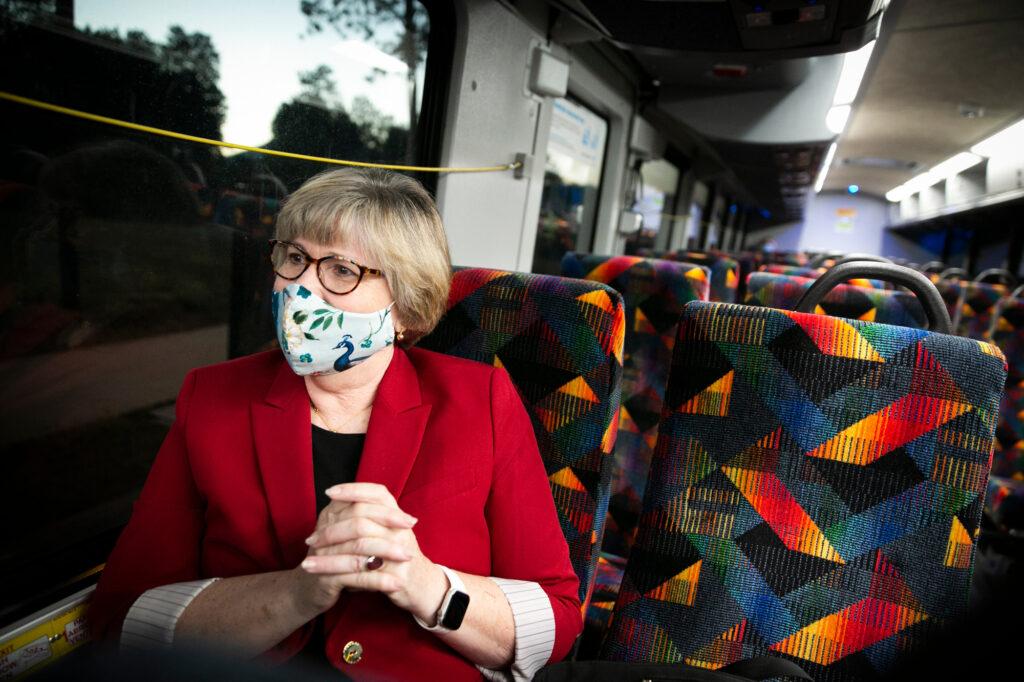
“This is a taxpayer-funded kind of service. I would hope that they would look at all communities, whether or not they are making money, as a public service,” Steketee said.
RTD’s bus and train lines aren’t designed to make money. In fact, none do. They just receive varying levels of subsidies beyond fare revenue, with high ridership local lines being the least costly. But the pandemic and the carnage it wreaked on RTD’s budget — as well as the need for social distance — pushed the agency to make tough decisions about where to spend its remaining resources.
Just How Long Will Changes Last? ¯_(ツ)_/¯
RTD’s board of directors will vote on the changes this fall. In a discussion at a Tuesday board meeting, many directors said RTD should tell the public that they would only be temporary.
“So that the world knows that this is, again, another temporary service plan caused by the pandemic. It's not a permanent change to our service,” said Vince Buzek, who represents Westminster and nearby areas.
But it isn’t clear how long those changes will last. The agency faces a shortfall of $215 million in 2021, and, with no federal bailout on the horizon, plans drastic staffing cuts just to keep service levels steady.
With no coronavirus vaccine on the immediate horizon, downtown Denver staying quiet, and RTD’s revenues forecasted to take years to recover, one board director said the agency should not make any promises about when service would return to normal or anything close to it.
"How long does this go on before we just call it life?" asked board member Jeff Walker.
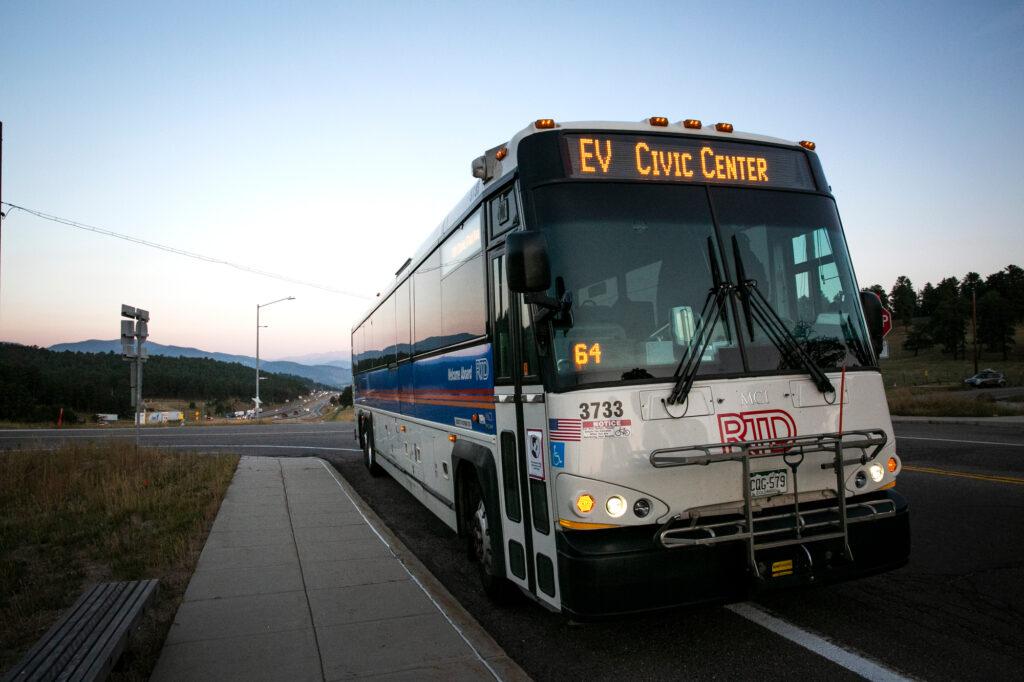
The board has already pushed off a process that could have led to more permanent changes to the service map. “Reimagine RTD” was started in 2019 to get a handle on the agency’s existing budget problems and could have led to a similar move toward higher-density areas.
The proposed rebalancing changes would go into effect in January. RTD has proposed replacing some suspended routes with vanpools or even a voucher program for ride-hailing services like Lyft and Uber. Sketekee said she might have to just drive to work.
"The bus has been riding up here for over 25 years,” she said. “I can't imagine it not being there.”
Editor's Note: Because of follow-up reporting, CPR News has removed a subject from this story. The deletion does not affect the accuracy of the report.

